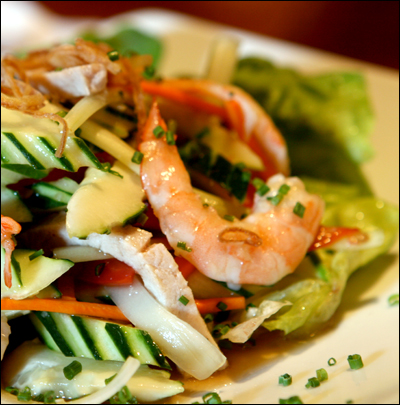 Welcome to maintenance!
Welcome to maintenance!
Congratulations! You are ready to return to "normal." But what is normal? Before surgery we were diet professionals, but what about maintenance?
Maintenance is learning how to normalize our weight and maintain weight loss for a lifetime! This is perhaps the hardness part but the most rewarding—giving us health for a lifetime.
So how does "weight normalization" work? Let's find out!
what should I expect?
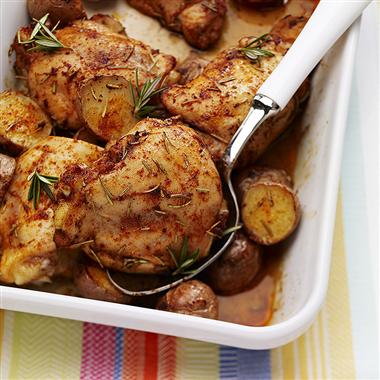 Maintenance Phase:
Maintenance Phase:
In the months after surgery, during the weight loss phase, you will be eating between 400 to 800 calories a day. These calorie amounts will increase with time and with each food phase.
As time goes by and you get near your goal weight your appetite will increase and so will your calorie intake.
You can increase your calories gradually until your weight is stable. The amount of calories you can eat will be recommended by your surgeon and nutritionist.
By the time you reach the maintentance phase you should be eating around 1200-1500 calories a day. This amount will vary depending on your lifestyle— based on your height, weight, the amount of exercise you get, and the type of exercise you do.
Understand your body
Understand that weight loss is not always a straight line, there will be ups, downs and plateaus as your body adjusts to its new set point. Studies show that most people experience a 10% weight regain during transition. Having a good plan for meals as well as strategies and plans for handling social, relational, and stressful situation as well as set backs will be invaluable.
Nutritional excellence
It is a very good idea so take advantage of your nutritional counseling until you are confident that you can maintain your weight loss. Remember, we have had a lifetime of practice dieting, but we aren't quite as practiced at maintaining. Good nutrition and exercise will be an important part of good health both physically and mentally.
What is success to you personally
After all isn't this what our goal was with weight loss surgery, to able to eat normally and remain healthy for a lifetime. Remind yourself of why you had the surgery. Maintenance is the key to success. The key to maintenance is to balance good nutrition, along with vitamins, water, exercise, learing your body's signals and learning strategies for a lifetime.
Balance you whole self
Good nutrition and exercise will help you maintain a healthy body. It's also important to seek spiritual, emotional and relational health as well. Be sure to eat a healthy diet and it will be helpful to be conscious of not only what you eat but why you eat. Learning these skills will determine your weight loss success long-term.
returning to a long-term eating plan
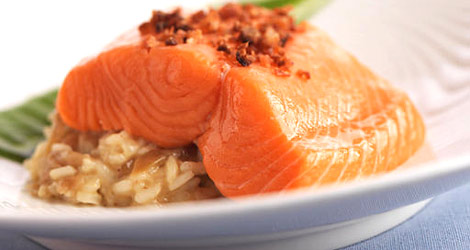
After all is said and done, we can look back to remember our main goal for having weight loss surgery (as far as our diet is concerned) is to resume a normal healthy eating plan.
Your diet at this point, during maintenance, can consist of approximately 1,200 - 1,500 calories (this calorie count is for inactive, 1500+ as your activity increases. Your calorie counts are actually more accurately calculated based on age, height and weight). Below is just an example of what a maintenance diet might look like.
Food Servings
3 oz of protein (225 calories) 2 servings a day
(protein will always be important to RNY patients, eating protein first ensure you won't get too full on other foods before getting it in)
vegetables 3 servings a day
fruit 2 servings a day
healthy fats
low glycemic index carbohydrates
Low glycemic fruit and veggies will ensure your getting a healthy diet.
Early on while your in the healing process, you may be told to not do too much fiber, but after you're pouch is mature you should be able to resume a regular diet of natural fiber foods and veggies. Remember each surgeon is different and has reasons for giving you guidelines.
It is very important to stay connected to your nutritional counselor until you have become efficient in maintaining your weight loss. Your surgeon can help provide additional personal evaluations based on your lab work each year. Let's stay on tract with good health, equipped with vital information and assume responsibility for our most priceless gift, our health.
Tips: Avoid the white stuff...which are refined carbs. The less refined carbs you eat, the less craving you will have. Refined carbs are foods with sugar and white flour. Stay with more natural whole foods and less processed foods. Artificial sweetners will not only make you hunger but can also cause sugar cravings. For more information on carbs see post from the blog.
dietary changes in the journey
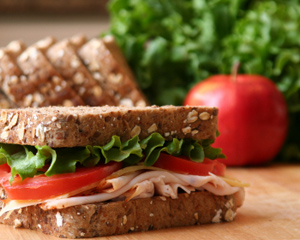 Each phase in your diet changes throughout your weight loss journey, especially as you get near your goal weight. Maintenance is learning how to normalize your weight. It might take trial and error to discover what works for you. But your choice of foods should be healthy and balanced.
Each phase in your diet changes throughout your weight loss journey, especially as you get near your goal weight. Maintenance is learning how to normalize your weight. It might take trial and error to discover what works for you. But your choice of foods should be healthy and balanced.
This phase includes protein, vegetables, carbohydrates, whole grains, beans, fruit, fiber and healthy fats. You need a well balanced diet to maintain good health and to keep your weight and blood sugars under control and co-morbidities from returning.
Liquid protein shakes are not forever. You need something to stay in your pouch longer. During the maintenance phase, (directed by your physician and nutritional counseling) your liquid protein supplements will be phased out as more real or whole foods are added to your daily diet routine. Whole foods would be as unprocessed as possible and as close to "nature" as possible.
a note about hypoglycemia and diet
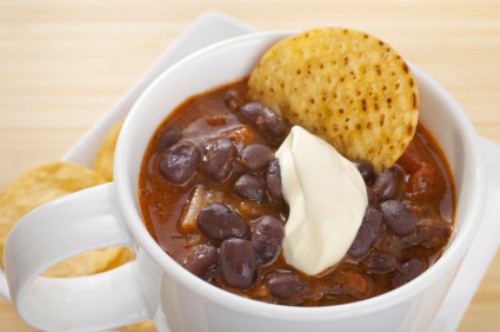 At three years out from surgery, I found myself getting into trouble with symptoms of low blood sugar.
At three years out from surgery, I found myself getting into trouble with symptoms of low blood sugar.
If you experience hypoglycemia there are certain dietary changes that will help you feel more in control and normalize your insulin levels. I have found it necessary to make sure I eat enough protein along with getting the right amount of carbohydrates, fat and fiber.
Eating the right kind of carbohydrates is extremely important—learning to replace refined carbs with complex carbs will be necessary. Learning all you can about foods and nutrition will be very helpful.
Hypoglycemia is not uncommon in weight loss surgery patients, even (or should I say especially) years later, you must find what works for you. Working with a dietitian is very helpful in solving this issue.
I have been doing some research on hypoglycemia and gastric bypass, if you still cannot control your low sugar drops with diet, you may need to see your dietitian and then your surgeon for further help in this area. Although dietary changes can correct the problem, on rare occasions it might be necessary to consult a doctor. (weight loss surgeon, endocrinologist, or someone who is familiar with hypoglycemia after weight loss surgery)
Dieticians could be covered by your insurance but regardless whether insurance helps or out of pocket, finding a good dietician is vital to your health and weight loss success. New information is coming available continually and we need to stay informed.
For more on understanding hypoglycemia see the "dumping and hypoglycemia" section under basic information.
toss the salad
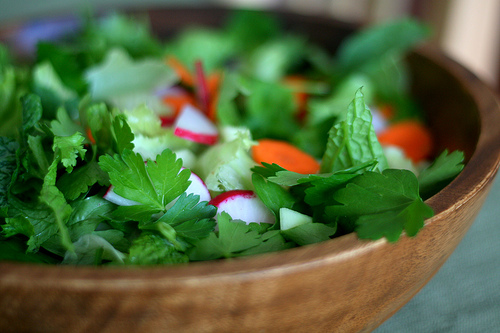 Sometimes, on this weight loss surgery journey, we must make a few U-turns. Salads just happen to be one of my U-turn items, in several ways.
Sometimes, on this weight loss surgery journey, we must make a few U-turns. Salads just happen to be one of my U-turn items, in several ways.
While preparing for surgery, I was told that after surgery I would have to "toss" out the salad from my diet for several reasons. I was extremely glad to hear it at the time, because I was so totally tired of my staple "diet" of salads.
So does that mean salads are "tossed" forever or can "U-turn" to salads after surgery? Let's take a look at the why and why nots of salads "tossing."
Here are a few reasons to "toss" out the salad from our menus "early on" after surgery.
- Lettuce is hard to digest.
- Most salad lettuces doesn't have much nutritional value. After surgery it is important to pack all the nutrition we can into our meals.
- Dressings and toppings can add up to a huge, high fat, caloric dilemmas.
Dropping salads from your diet can be very helpful during the weight loss phase. I actually didn't return to eating salads until almost 5 years out. But recently I had been on a salad "crave." After a few weeks of eating salads, I noticed several problems I had to solve.
Your new pouch may be considered still in the healing mode for about two years, so some "harder to digest" foods may be off the menu. Adding harder to digest foods back while on maintenance, may be one of those "individual" food choices that you will just have to discover.
I have found that raw veggies don't work well for me. Some raw veggies can cause bloating and gas and are not a weight loss surgery person's best friends; there simply is not enough tummy room, very uncomfortable.
You don't have much room in the beginning, so adding salads later when you are eating more food is helpful. Since most lettuce is non-nutritional, I have to make adjustments in the size of the salad I eat now and only have a small amount. I add salad during or after the meal, not before. Adding more nutritious varieties of greens, are also helpful. Look for upcoming post of salad greens!
Next dilemma: the dressing. That is so the best part, isn't it? Now, I remember why I made the decision not to eat salads again for a while, controlling dressing is not one of my strong suits! I began to realize that I had added hundreds of "empty" and high fat calories to my overall weekly calorie count. So I had so "toss" the dressings and find a better solution.
Healthier olive oils or flavored vinegars are helpful. There are some really good bottled sprays for salads now. One of my favorite dressings I had forgotten about, I had to "rediscover", Braswell's, Vidalia Onion and Summer Tomato. Two tablespoons is only 40 calories, 0 fat grams, 10 carbs, but a little high in sugar, with 9 grams, (so 1/2 a serving works well). I have to watch the carbs and sugar, with hypoglycemia, I can only eat 15 to 20 grams of carbs and adding 10 with no volume, no fiber, and no nutritive value doesn't work for me. Mixing it with vinegar or lemon juice "stretches" it with no harm done.
Another trick in "stretching" out dressing is to dip your fork in the dressing instead of directly on the salad, a little goes a long way. Eating less dressing is made easier with less salad!
Next: watch those "topping" choices. You can add hundreds of calories to salads with choice additions. Try just adding a couple of healthier choices, protein is a great one; egg, chicken, fish or shrimp. Toss in a few beans or even low calorie veggies, bell pepper, cucumbers, carrots, cauliflower, and cherry tomatoes. Just one or two at a time, keep it small, to match your tummy.
So make sure when "U-turn" back to salads after post-op, you don't "toss" the important points:
- Don't toss nutrition; make sure you allow enough healing time for your pouch, (when your eating more volume of nutritious foods).
- Discover your food sensitivities,
- Toss in plenty of good greens; watch your portions and your "green" leafy choices,
- Limit your amount of dressing,
- Limit your "topping" choices.
So when "U-turn" to eating salads, toss out the unhealthy and toss in the nutrition. More on salads coming up! Yes, we can, we have many more meals to go!
